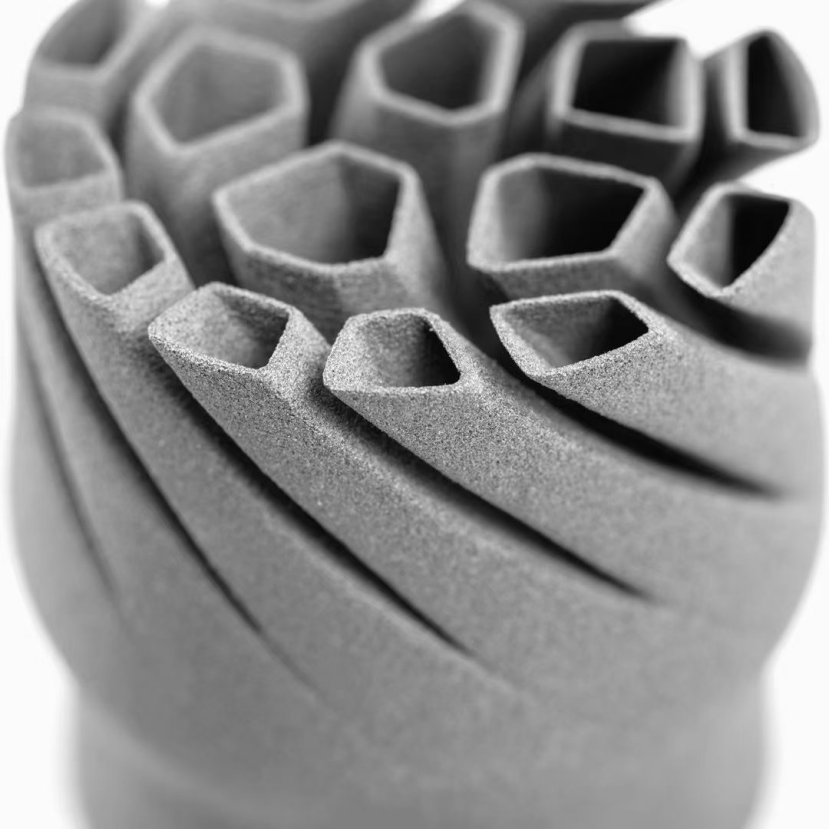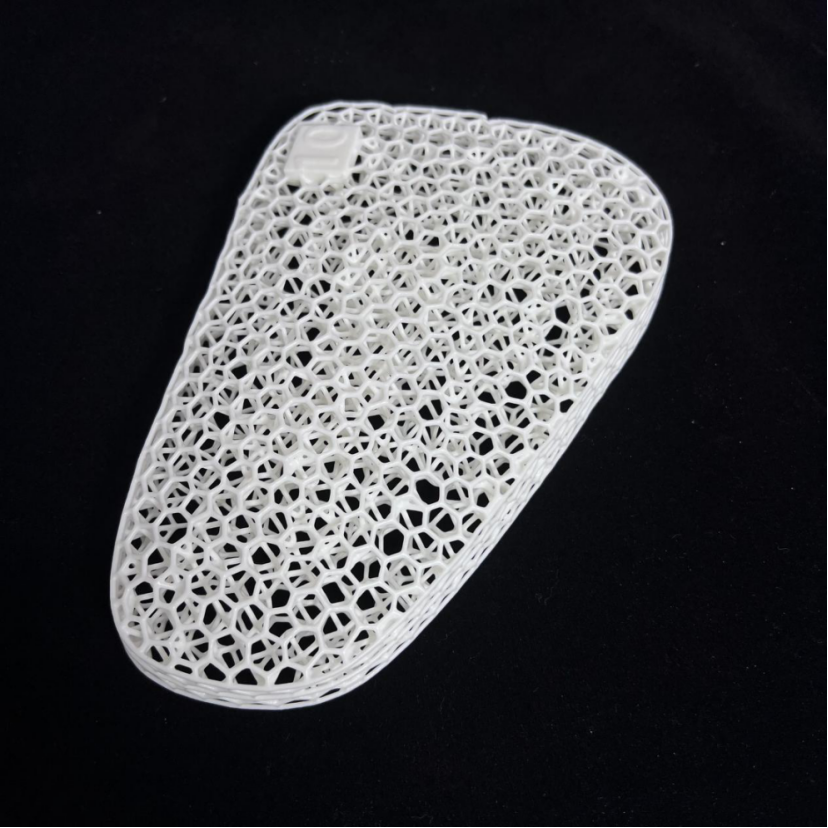rapid prototype machining
Rapid prototype machining represents a cutting-edge manufacturing process that enables the swift creation of physical parts from digital designs. This advanced technology combines precision engineering with computer-controlled machinery to produce high-quality prototypes in a fraction of the traditional timeframe. The process involves sophisticated CNC machines that can work with various materials, including metals, plastics, and composites, to create exact replicas of designed components. The technology excels in producing complex geometries and intricate details that would be challenging or impossible with conventional manufacturing methods. What sets rapid prototype machining apart is its ability to deliver both one-off prototypes and small production runs with consistent quality and accuracy. The process begins with CAD designs that are translated into machine instructions, allowing for precise material removal to create the desired shape. This technology has revolutionized product development by enabling designers and engineers to validate their concepts quickly and make necessary modifications before full-scale production. The versatility of rapid prototype machining extends across numerous industries, from aerospace and automotive to medical devices and consumer products, making it an invaluable tool in modern manufacturing.


